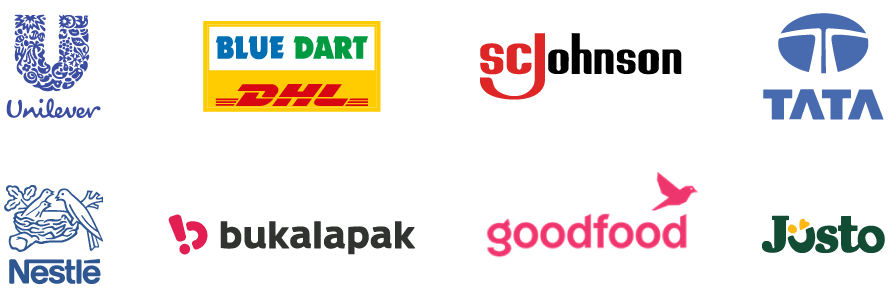With COVID-19 pandemic meeting the ageing driver population, truck driver shortage has reached a crisis level. It is therefore crucial to distinguish short-haul and long-haul trucking before making any crucial logistics decisions.
Requires drivers to spend more time away from home, as they ride on the road for weeks or months at a time.
Requires drivers to spend less time away from home, as they can come home every night.
On-road expenses are higher in long-haul trucking as drivers spend a longer time on the road.
It has fewer on-road expenses like showers and meals, as drivers usually stay at home.
In order to make a single delivery, long-haul truckers drive for more than 250 miles.
The distance covered by short-haul trucking approximately covers a 150 mile to 250 mile radius on a maximum.
Long-haul trucking requires larger vehicles like tractor-trailers for carrying huge loads of goods.
Short-haul trucking operates with smaller vehicles that are easier to operate on city roads.
Long-haul drivers ride trucks for a longer period of time. But their frequency of unloading freights is lesser than short-haul trucking.
As short-haul drivers make multiple stops, their frequency of unloading freights is higher than long-haul trucking.
As long-haul drivers travel longer distances, the operating expenses are extremely high.
Travel expenses, truck maintenance costs and fuel charges for short-haul drivers are lower than long-haul drivers.
Long-haul truck drivers take on hazardous weather conditions, unexpected detours, drive on dangerous terrains and ride through new highways. Hence, their risk and uncertainty is higher.
Short-haul truck drivers are familiar with terrain, weather patterns, traffic, etc. Hence, their risk and uncertainty is minimal.
It is an expensive goal for long-haul drivers to become an owner-operator for their vehicles, as the maintenance, fuel and insurance costs are higher.
As fuel, maintenance and insurance costs are lower for the short-haul trucks, they are economical to purchase. Because of the economical costs, drivers can easily purchase short-haul trucks and become owner-operators for it.
Drivers who want freedom on the open road, and love to travel on long stretches away from home, prefer long-haul trucking.
Drivers who want to follow a daily schedule and go home at the end of the day, prefer short-haul trucking although it requires driving on crowded roads and some physical activity.
Long-haul drivers should be good at cross-border driving and well-aware of inter-state regulations.
Short-haul drivers require skillful driving on city roads, with narrow laneways and sharp turns.
Conclusion
Prioritizing long-haul and short-haul trucking is a huge decision and that decision should be made with due consideration. Whether drivers ride for long periods or short periods, it is crucial for them to stay productive and efficient. A delivery logistics software turns out to be critical for tracking and improving fleet productivity.
Share this infographic by using this embed code:






